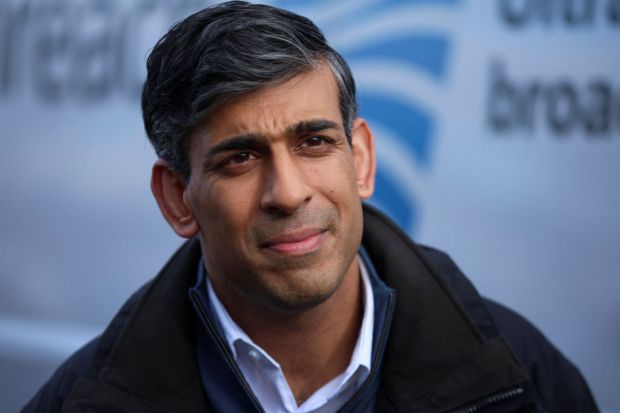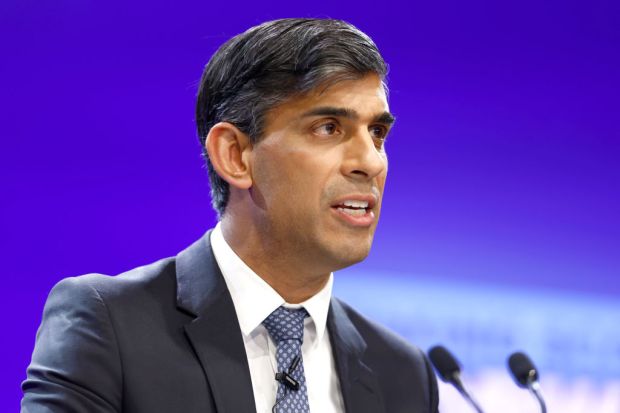Michael Gove today announced that the government was relaxing the effective ban on new onshore wind farms that was introduced by David Cameron. Under those rules, just one objection could stop a planned wind farm – but they’ve been scrapped with immediate effect.
The reason? Rishi Sunak was facing a rebellion from Tory MPs, of course. The Prime Minister held talks with the would-be rebels, led by former Cop26 president Alok Sharma, and concluded that he would have to yield to their demands. They were trying to force the government to get on with a promise that was supposed to have been fulfilled by April – and were going to use an amendment to the Energy Bill, currently being debated in the Commons, to do it. Gove told MPs that he was ‘open to novel ways to demonstrate community consent’, but it is not yet clear how that consent will be demonstrated.
Sunak-ism is largely about what is possible in political arithmetic
The dynamics within the Conservative party on onshore wind are fascinating. There are those, such as Sharma, who think it is an essential part of Britain’s renewable energy mix. There are others who represent seats, particularly in the north-east and north-west of England where onshore wind will be an important part of the local economy. And then there are those who Cameron was paying heed to when he introduced the local objection policy: the ones who see wind turbines as a blight and who want the planning system to militate against them.
As it happens, Labour’s complaint today is that the system is still going to do that anyway, with Ed Miliband saying it ‘remains stacked against onshore wind’. Sunak, of course, had been in favour of retaining the ban when he was running for leader, but then reversed his position in last December in the face of a rebellion. It demonstrates, if nothing else, that Sunak-ism is largely about what is possible in political arithmetic, rather than a dogged pursuit of a certain philosophy.
Got something to add? Join the discussion and comment below.
Get 10 issues for just $10
Subscribe to The Spectator Australia today for the next 10 magazine issues, plus full online access, for just $10.





















Comments
Don't miss out
Join the conversation with other Spectator Australia readers. Subscribe to leave a comment.
SUBSCRIBEAlready a subscriber? Log in